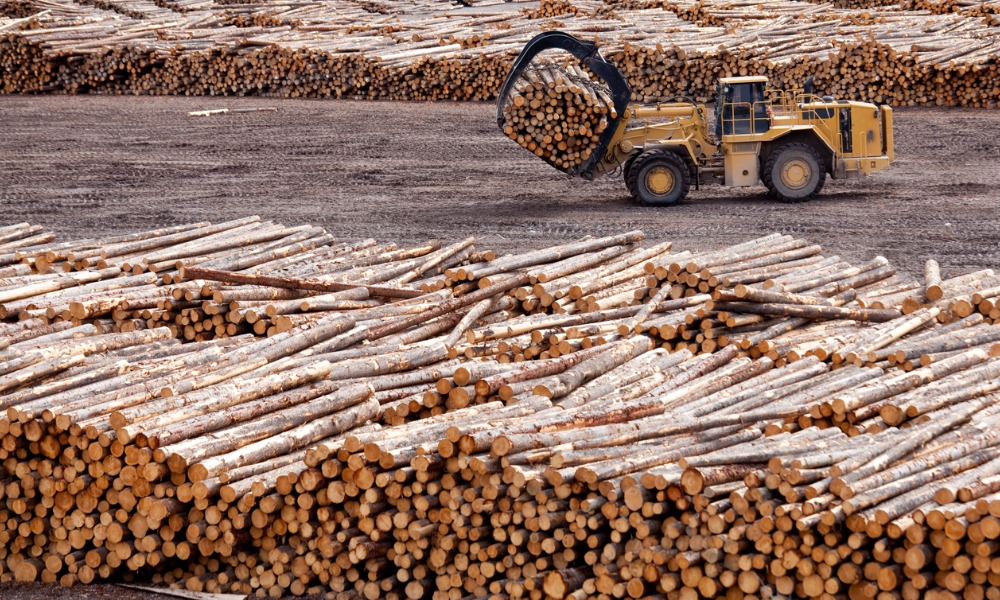Canadian trade minister criticizes US decision to increase softwood lumber tariffs

Canada’s international trade minister Mary Ng has criticized the US Department of Commerce’s decision to nearly double duties on Canadian softwood lumber, calling the move “unfair and unwarranted.” The duties, which were raised from 8.05% to 14.54%, have sparked widespread concern among Canadian government officials and industry leaders.
“Baseless and unfair US duties on softwood lumber unjustifiably harm consumers and producers on both sides of the border,” Ng said in a news release.
The increase represents the latest development in the long-running softwood lumber dispute between Canada and the United States. Canadian officials have long argued that these duties hurt both Canadian and US industries by driving up costs and complicating the supply chain. Ottawa has described the dispute as a significant obstacle to addressing housing affordability and supply.
B.C. leaders concerned
British Columbia, a key region for the lumber industry, has been particularly vocal in its opposition to the US decision. BC Forests Minister Bruce Ralston emphasized that the only acceptable resolution is the complete removal of what he called “unfair” tariffs.
According to a report from CityNews, the US Department of Commerce bases its duties on the claim that Canadian lumber producers benefit from government subsidies, which allegedly give them an unfair advantage over their American counterparts. Canadian provinces set stumpage fees for timber harvested from Crown land, a practice US producers argue amounts to a subsidy. In response, Canadian producers have paid over $9 billion in duties, held in deposit pending the outcome of the dispute.
Industry leaders in British Columbia have expressed concerns that the new duties will worsen already difficult conditions. Kurt Niquidet, president of the B.C. Lumber Trade Council, warned that the tariffs could negatively impact local manufacturing operations, jobs, and communities.
Small, family-owned companies in the province are also feeling the strain. Andy Rielly, chair of the Independent Wood Processors Association of British Columbia, stated that these businesses are “innocent bystanders” in the trade dispute. The association is urging Ottawa to negotiate a solution.
Conservative leader Pierre Poilievre joined the criticism, accusing Prime Minister Justin Trudeau’s government of failing to effectively advocate for Canadian interests in Washington, DC.
Not a priority?
While Ottawa is challenging the US tariffs through the Canada-US-Mexico Agreement dispute panel, analysts suggested that neither Canada nor the Biden administration is prioritizing the issue. A recent CIBC report noted that job losses in the Canadian lumber industry are more closely tied to reduced demand and supply chain issues than to trade disputes.
Despite past successes in international forums, including the World Trade Organization, Canadian officials face an uphill battle. The US Commerce Department’s latest administrative review, which set the new duty rate, will remain in effect until mid-August 2025.
Ng reiterated Canada’s commitment to defending its lumber industry. “We will always fight for the best interest of Canadians and continue to use all available avenues to vigorously defend the workers, businesses, and communities who rely on softwood lumber for their livelihoods,” she said.
Do you have something to say about this story? Leave a comment below.



